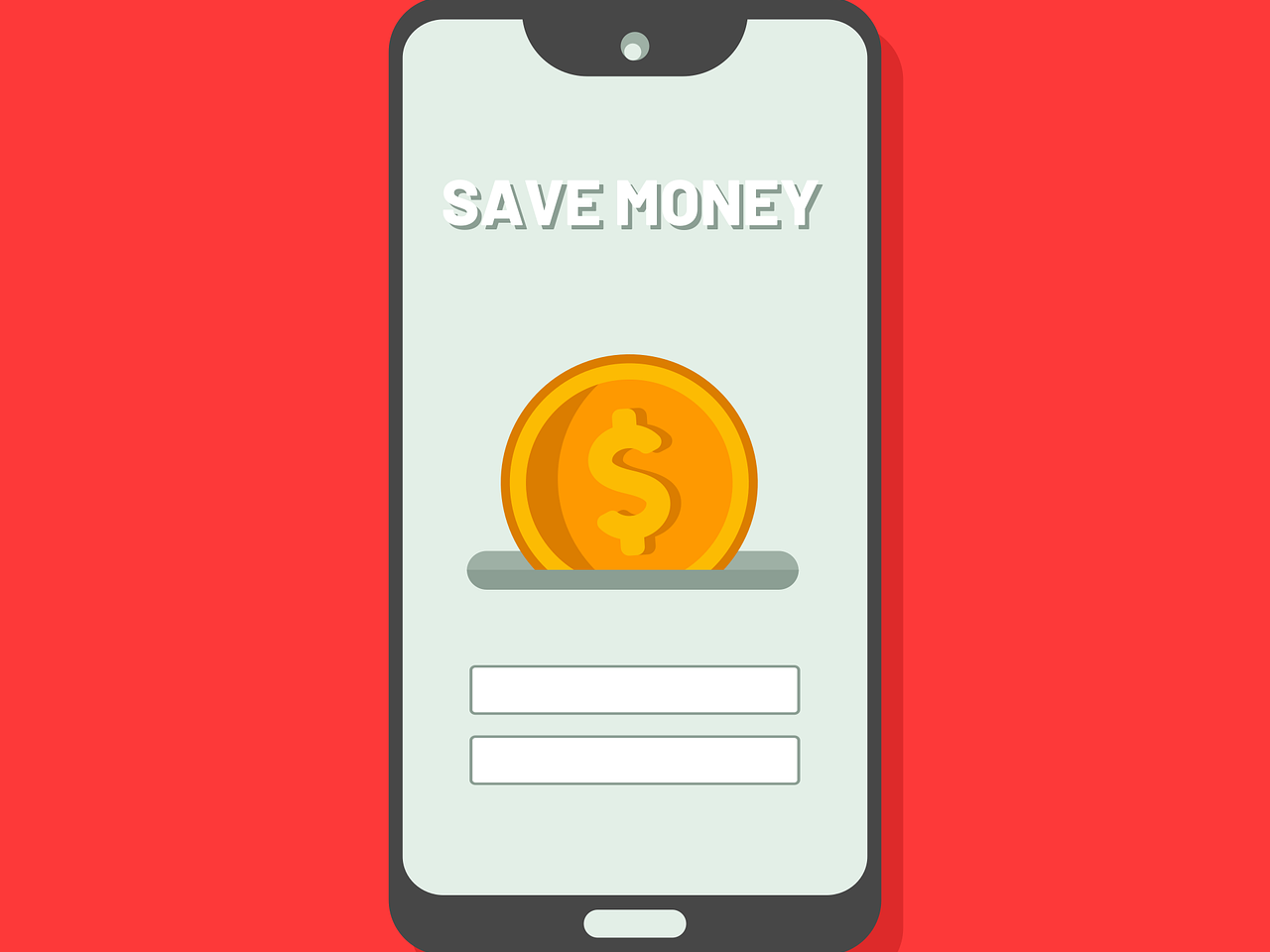
Living on a budget can be challenging, especially when unexpected expenses arise or your income is limited. However, there are many proven money-saving tips that can help you reduce your expenses and achieve your financial goals. In this article, we will share 15 practical and effective tips to help you live on a budget and save money.
Tip #1: Create a Budget and Stick to It
The first step to living on a budget is to create a budget plan that outlines your income and expenses. Start by tracking your expenses for a month and categorizing them into fixed (e.g., rent, utilities, insurance) and variable (e.g., groceries, entertainment, transportation) expenses. Then, set a realistic budget for each category and make sure to stick to it. Use budgeting tools and apps to help you track your expenses and stay on top of your finances.
Tip #2: Reduce Your Monthly Bills
Another way to save money is to reduce your monthly bills. Shop around for cheaper insurance, internet, and phone plans, and negotiate with your providers for better rates. Consider bundling your services or using a prepaid plan to save money. You can also reduce your energy bills by turning off lights and appliances when not in use, using energy-efficient appliances and bulbs, and insulating your home.
Tip #3: Use Coupons and Promo Codes
Coupons and promo codes are a great way to save money on your purchases. Look for coupons and promo codes online or in-store, and use them when shopping for groceries, clothing, electronics, and other items. Many retailers offer discounts and promotions to their email subscribers or social media followers, so make sure to sign up for their newsletters and follow them on social media.
Tip #4: Buy Generic Brands
Generic brands are often cheaper than brand-name products, and they can save you a lot of money over time. Look for generic brands when shopping for groceries, medications, and household items, and compare their prices and quality to brand-name products. You can also buy generic brands online, where you can find a wider selection and better deals.
Tip #5: Meal Prep and Cook at Home
Eating out can be expensive, so consider meal prepping and cooking at home to save money. Plan your meals for the week, buy groceries in bulk, and cook in batches to save time and money. You can also use leftovers to make new meals and avoid wasting food. Look for easy and healthy recipes online or in cookbooks, and get creative with your ingredients and flavors.
Tip #6: Cancel Unused Subscriptions and Memberships
Subscriptions and memberships can add up quickly, so make sure to cancel any unused or unnecessary ones. Evaluate your subscriptions and memberships, and cancel the ones that you no longer need or use. This can include gym memberships, magazine subscriptions, streaming services, and other recurring expenses. You can also negotiate with your providers for better rates or discounts.
Tip #7: Avoid Impulse Purchases
Impulse purchases can derail your budget and leave you with buyer’s remorse. To avoid impulse purchases, make a shopping list before going to the store, and stick to it. Don’t shop when you’re hungry, tired, or emotional, as these can cloud your judgment and lead to impulsive buying. Wait for a few days before making a big purchase, and research the product thoroughly to make sure it’s worth your money.
Tip #8: Shop for Second-Hand Items
Buying second-hand items can save you a lot of money, especially for items that you don’t need brand new. Look for second-hand stores, garage sales, and online marketplaces like eBay and Facebook Marketplace. You can find gently used clothing, furniture, appliances, and other items at a fraction of their original price. Just make sure to inspect the items carefully and ask for any defects or damages before buying.
Tip #9: Use Cashback and Rewards Programs
Cashback and rewards programs can help you earn money and save on your purchases. Look for credit cards that offer cashback or rewards for specific categories, such as groceries or gas. You can also sign up for cashback apps and websites, such as Rakuten or Honey, that offer cashback and coupons for online purchases. Don’t forget to redeem your points and rewards regularly to maximize your savings.
Tip #10: Negotiate Prices
Negotiating prices can help you save money, especially when buying big-ticket items like cars, appliances, or furniture. Research the market price and compare different models and brands before negotiating with the seller. Be polite and respectful, and offer a reasonable price based on your research and budget. You can also negotiate for additional perks or discounts, such as free delivery or installation.
Tip #11: Use Public Transportation or Carpool
Transportation can be a major expense, especially if you own a car or commute long distances. Consider using public transportation or carpooling to save money on gas, maintenance, and parking fees. Look for discounted passes or memberships, and plan your route and schedule in advance. You can also bike or walk if possible, which can be a healthy and eco-friendly alternative.
Tip #12: DIY and Repair
DIY and repair projects can save you money and improve your skills and creativity. Instead of hiring professionals or buying new items, consider repairing or upgrading your existing ones. You can learn how to fix a leaky faucet, paint a room, or sew a button by watching online tutorials or taking classes. You can also repurpose or upcycle old items into new ones, such as turning a dresser into a bookshelf or a mason jar into a candle holder.
Tip #13: Use Free Resources and Services
There are many free resources and services available that can help you save money and improve your life. Look for free classes, events, and workshops in your community, such as yoga classes, language courses, or financial seminars. Use free online tools and software, such as Google Drive or Canva, to manage your documents and design your projects. You can also borrow books, movies, and music from your local library, which can save you money and reduce waste.
Tip #14: Sell Unwanted Items
Selling unwanted items can help you declutter your space and earn some extra cash. Look for items that you no longer use or need, such as clothes, books, or electronics, and sell them online or at a garage sale. You can use platforms like eBay, Craigslist, or Facebook Marketplace to reach a wider audience and set your own price. Just make sure to clean and organize your items before selling and be honest about any defects or damages.
Tip #15: Set Financial Goals and Track Your Progress
Finally, setting financial goals and tracking your progress can help you stay motivated and accountable. Start by defining your short-term and long-term goals, such as saving for a vacation or a down payment on a house. Then, create a plan and timeline to achieve your goals, and track your expenses and savings regularly. Use online tools and apps, such as Mint or Personal Capital, to monitor your progress and get personalized advice and insights.
Conclusion
Living on a budget doesn’t have to be stressful or boring. By using these 15 proven money-saving tips, you can reduce your expenses, increase your savings, and achieve your financial goals. Remember to be patient, persistent, and creative, and don’t hesitate to seek help or advice when needed


Hi, this is a comment.
To get started with moderating, editing, and deleting comments, please visit the Comments screen in the dashboard.
Commenter avatars come from Gravatar.